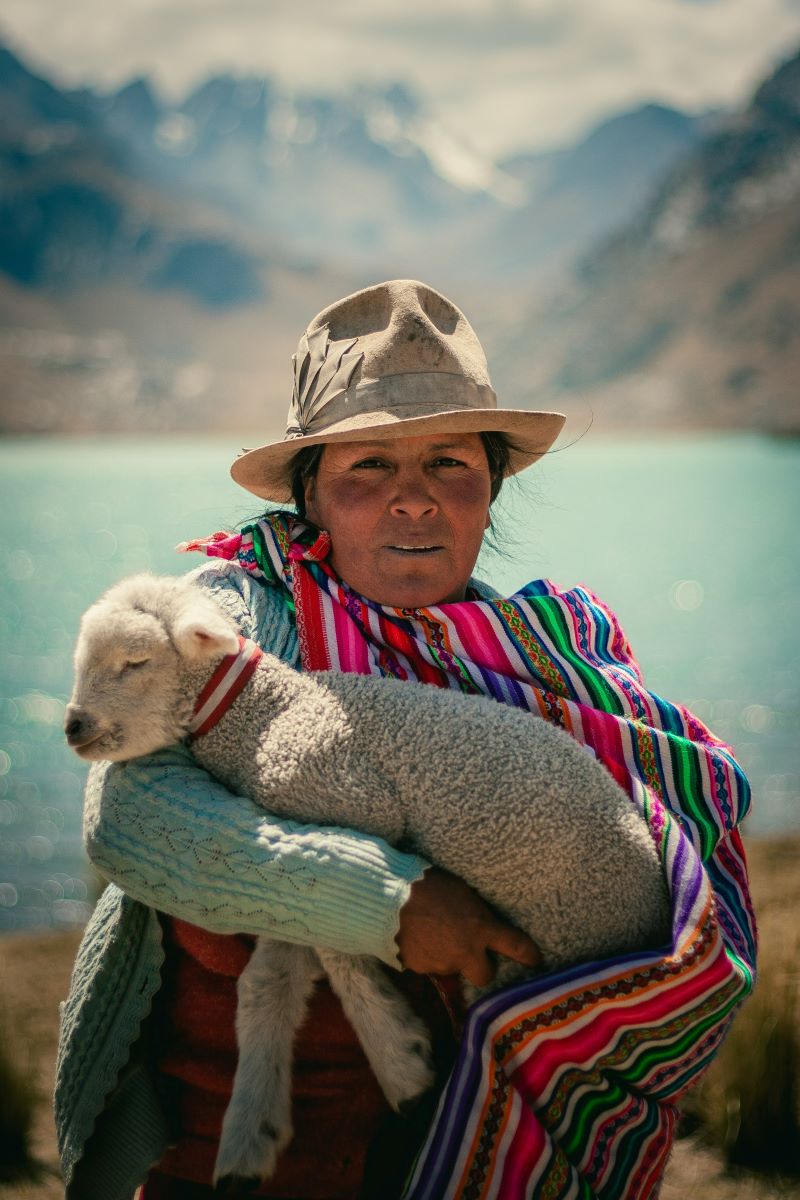In 2003, the ECHO Model was created to help solve a specific problem: how to expand knowledge about treatment of hepatitis C and access to care across the vast state of New Mexico. Using widely available videoconferencing technology and a tested and proven learning model, Project ECHO connected subject matter experts and on-the-ground practitioners to discuss specific cases, highlight the latest medical advances and tools, and build a community where all teach and all learn.
In the 20 years since that first ECHO session, Project ECHO has expanded access to specialty care in 195 countries, and more than 4 million experts and learners have attended ECHO sessions.
As health care systems in low- and middle-income countries, particularly in the Global South, build back from the COVID-19 pandemic, they face significant challenges—many of which cannot be solved without growing and strengthening the health care workforce. Doing that will require a radically different way of thinking about how best to support those health care professionals, both in terms of getting them the knowledge they need to provide appropriate treatment, and in terms of creating working conditions that will allow them to thrive.
Accelerating Change
The value proposition for ECHO is clear. Frontline health workers in remote and under-resourced communities around the world need expert knowledge, support, and community. The ECHO Model is uniquely suited not only to getting expert medical knowledge to the people and places that most need it, but also to helping governments, NGOs and other institutions accelerate progress toward achieving the United Nations Sustainable Development Goals.
Throughout 2022, Project ECHO researchers met with ECHO partners, ministries of health and other key constituents in 35 LMICs. Through one-on-one interviews and surveys, along with our ongoing work in these countries and analysis of public health data, we gained a solid understanding of their specific health care priorities. Most of these priorities spanned multiple countries and regions.
With this knowledge as a starting point, ECHO held roundtables with local health experts in all LMIC regions, with a goal of identifying solutions that could be implemented quickly, effectively, and at low cost. These workforce capacity-building solutions apply the ECHO Model to some of the developing world’s most intractable problems, including under-five mortality, infection prevention and control, and mental health, and can be easily replicated in any geography.
*Featured Image Credit: Adobe Stock

